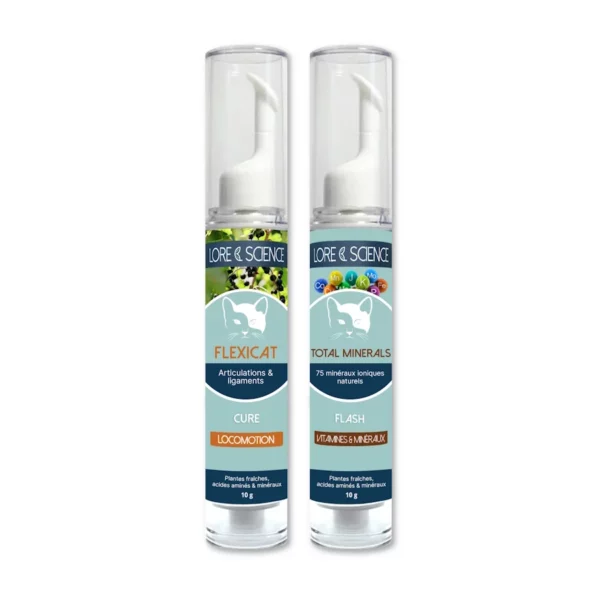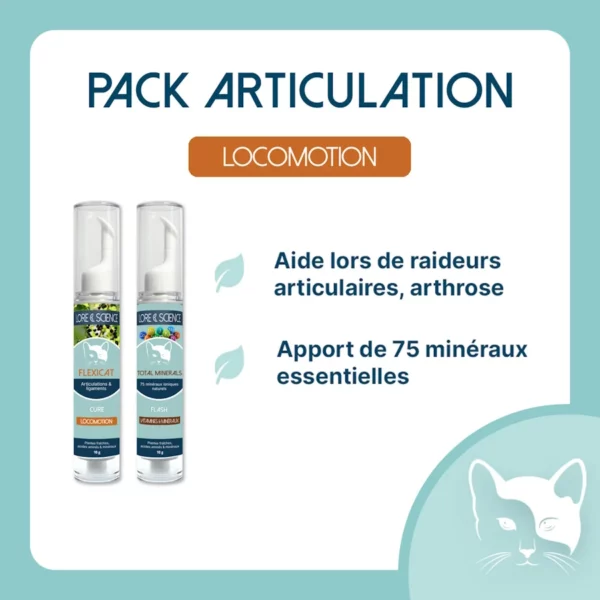Back pain in horses, also known as back pain, is a common problem that can cause pain anddiscomfort, as well as performance problems. In this article, we'll look at the causes of back pain in horses, the symptoms to watch out for, and the treatments available to help your horse regain his health and well-being.
What causes back pain in horses?
In most cases, back pain is caused by riding and using the horse. Of course, it is also possible that the horse is naturally susceptible to back problems, due to its morphology or genetics. Nevertheless, the causes of back pain are often external.
The horse's back pain can be caused by a poorly fitted or poor quality saddle, which causes friction and pressure. It can also be caused by improper work with a tendency to work with a hollow back. This leads to pinching of the thoracic vertebrae and friction of their extremities, the spinous processes. The weight and balance of the rider also play an important role in the health of the horse's back. Finally, a horse that is put to work too young, before its skeleton is fully developed, will have a greater tendency to suffer from back pain throughout its life.
There are other reasons that can lead to back pain in horses. Injuries and falls, for example, are common causes of back pain in horses. A horse that falls or suffers a significant impact can damage the muscles, ligaments or vertebrae in its back, which can lead to pain and stiffness. Similarly,incorrect posture, dental problems or poor physical conformation can put undue pressure on the back muscles.
Therefore, always consult your veterinarian if you suspect back pain in your horse or mare. He or she will make the right diagnosis and suggest the most appropriate treatment.
What are the signs of back pain?
First, it is common for signs of back pain in horses to be mistaken for behavioral problems. Signs of aggression or reluctance to groom, saddle or girth can be indicators of pain.
If your hand or the brush passes over your horse's back and your horse arches its back and tries to avoid contact, it is certainly a sign of back pain. Then check for any abnormal areas of heat that may appear.
When working, a horse with back pain will show stiffness, decreased performance or apprehension when jumping. In general, horses will then tend to dig in their backs and have difficulty engaging. Defensive problems, such as jumping or bucking, are also symptoms to consider.
If your horse shows these symptoms, don't hesitate to call your veterinarian for a more thorough examination.
How to relieve back pain in horses?
Treatment for back pain in horses will depend on the underlying cause of the pain. Treatment options may include anti-inflammatory drugs, analgesics to relieve pain, changes in training or posture to reduce pressure on the back. Physiotherapy treatments to improve flexibility and muscle strength, or osteopathic treatments to correct spinal imbalances may also be considered.
In case of joint discomfort, you can also give your horse a solution based on medicinal plants that will quickly relieve him. Our food supplement like Cortiphyt (150 or 500ml) is composed of medicinal plants and essential oils with very active cortisol-like and analgesic virtues. After the first few doses, the horse will be motivated to work again and its spinal joint flexibility will improve.
Finally, for daily comfort and to prevent recurrence of back pain, adjustments to the saddle, girth and overall adaptation of the equipment are essential.
Tips to avoid back pain in horses
As explained above, back pain is often caused by improper riding, equipment or work of the horse. It is therefore possible to prevent back pain, lower back pain or neck problems in most cases.
Preventive measures may include:
- a well-fitting saddle adapted to the horse's morphology
- proper riding posture and technique
- regular training to strengthen the animal's back and abdominal muscles
- regular health checks to detect potential problems before they become more serious
- regular dental care to prevent dental pain that can affect the horse's posture and balance.
By following these recommendations, you can help reduce your horse's risk of back pain and ensure a more comfortable life.
In conclusion, back pain in horses is a common problem that can have many causes and symptoms. It is important to diagnose the underlying cause of the pain to develop an appropriate treatment plan and prevent potential future problems. Preventive measures, such asa well-fitting saddle, proper riding technique and regular dental care, can help reduce the risk of back pain in horses.
By working closely with a veterinarian or equine specialist, you can help your horse return to comfort and optimal performance. Remember, prevention is always better than cure, so be sure to take the necessary steps to maintain your horse's health and well-being.
Share your experience with us in the comments ↓






















4 réactions sur "Horse back pain: causes, symptoms and treatments"
Tengo vun caballo que le duela mucho la cruz y se le dificulta para poder caminar que medicamento me recomienda porque el dolor es intenso Saúl Juarez López sa
Hola Saúl, para quitarle rapidamente el dolor, te consejo usar 2 productos :
El cortiphyt que se da por la boca: 20 ml por dia durante 7 dias, y el Cortiphyt balsamo a aplicar directamente sobre la cruz cada dia, despues de los 7 dias, dame noticias de caballo.
Hello,
I have a 15-year-old horse, Shivering, who suffers from osteoarthritis, is almost always bent over from the front, resists mounting (backstroke) and has a very sensitive back.
He recently (1.5 months) had a major attack of osteoarthritis and was treated with orthopedic shoes, corticosteroid infiltrations and general Tildren.
He no longer limps and the vet is pleased with the progress and effects of the treatment, but he still has all the symptoms mentioned above in my message. However, if I walk for 15/20 minutes on foot with the saddle on my back before going upstairs, the back pains don't occur (is he resigned to it or does it not hurt if I walk?).
I'd like him to feel good and not hurt anymore, I don't know if he really hurts since the vet is happy, and at the same time there are a lot of signs that he's in pain ...
Do you have any suggestions, advice or products that could help him?
Hello Mathilde, please contact our advisor directly at conseils@loreandscience.fr and describe your horse's situation so that he can suggest a protocol.